Multi-agent research in automotive
Bazilinskyy, P., Ebel, P., Walker, F., Dey, D., Tran, T.
Discussing whether time has come to conduce multi-agent reseach in automotive at AutomotiveUI (AutoUI), Stanford, CA, USA (2024)
ABSTRACT In the future, roads will host a complex mix of automated and manually operated vehicles, along with vulnerable road users. However, most automotive user interfaces and human factors research focus on single-agent studies, where one human interacts with one vehicle. Only a few studies incorporate multi-agent setups. This workshop aims to (1) examine the current state of multi-agent research in the automotive domain, (2) serve as a platform for discussion toward more realistic multi-agent setups, and (3) discuss methods and practices to conduct such multi-agent research. The goal is to synthesize the insights from the AutoUI community, creating the foundation for advancing multi-agent traffic interaction research.Schedule
| Introduction |
14:00–14:20 |
Introduction of workshop topics and instructions for interactive online questionnaire. Introductions of organizers and participants. |
| Session 1 | 14:20–15:00 | Presentation: Existing multi-agent automotive research. |
| Coffee break | 15:00–15:15 | Live demo of the coupled simulator and networking. |
| Session 2 | 15:15–16:30 | Group work 1: Do we need multi-agent automotive research? |
| Coffee break | 16:30–16:45 | Live demo of the coupled simulator and networking. |
| Session 3 | 16:45–17:30 | Group work 2: How can we advance the state of multi-agent automotive research? |
| Closing | 17:30–18:00 | Presentations of group work activities and wrap-up. Collection of the expression of interest to contribute to the positioning paper. |
Organisers
Pavlo Bazilinskyy
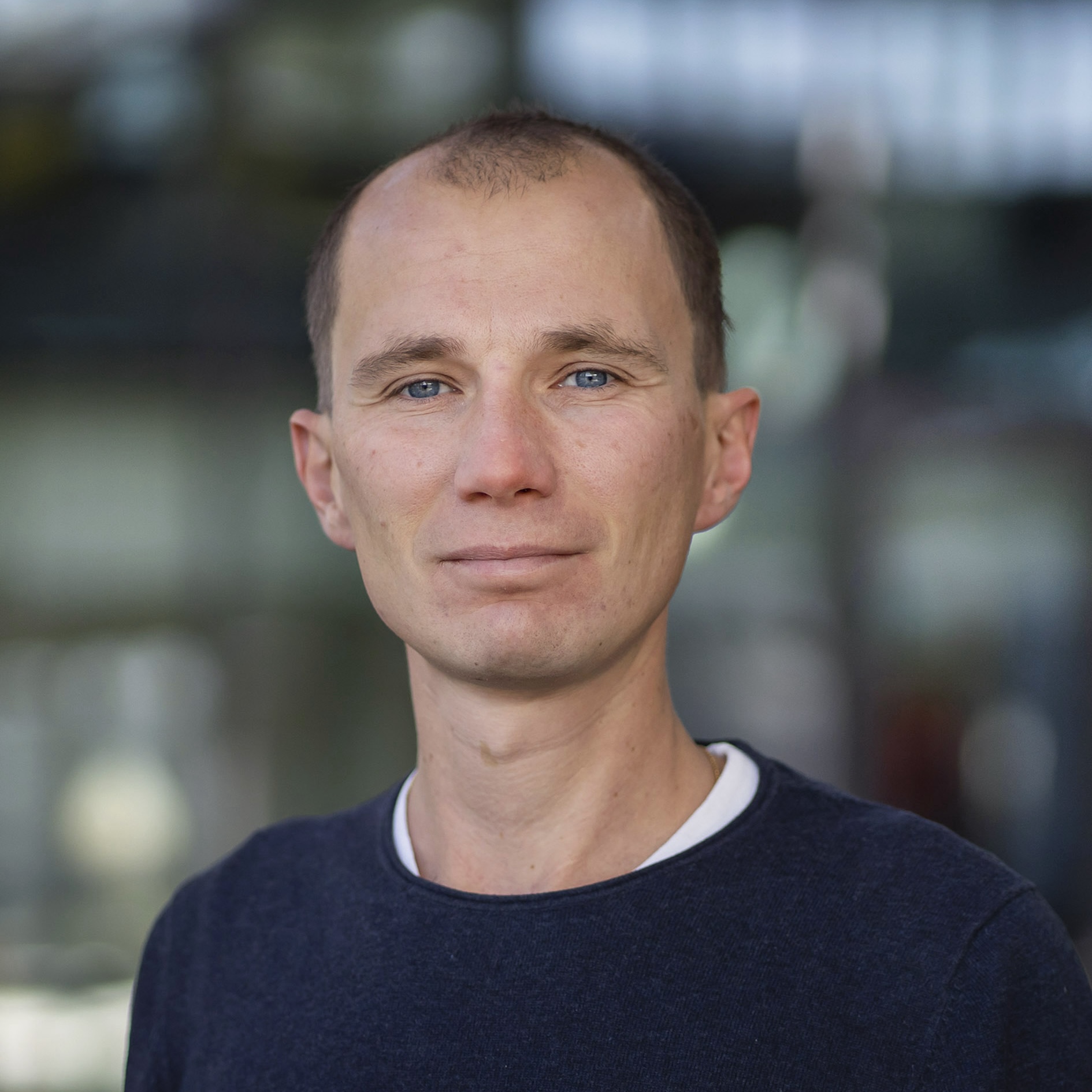 Pavlo Bazilinskyy is an assistant professor at Eindhoven University of Technology focusing on AI-driven interaction between AVs and other road users. He finished his PhD at TU Delft in auditory feedback for automated driving as a Marie Curie Fellow, where he also worked as a postdoc. He was the head of data research at SD-Insights. Pavlo is a treasurer of the Marie Curie Alumni Association (MCAA).
Pavlo Bazilinskyy is an assistant professor at Eindhoven University of Technology focusing on AI-driven interaction between AVs and other road users. He finished his PhD at TU Delft in auditory feedback for automated driving as a Marie Curie Fellow, where he also worked as a postdoc. He was the head of data research at SD-Insights. Pavlo is a treasurer of the Marie Curie Alumni Association (MCAA).
Patrick Ebel
 Patrick Ebel is a Junior Research Group Leader at the Center for Scalable Data Analytics and Artificial Intelligence (ScaDS.AI) at Leipzig University. He received his Ph.D. in Computer Science from the University of Cologne and his M.Sc. in Automotive Systems from the TU Berlin. His research focuses on the analysis of large naturalistic driving data and computational models for human-vehicle interaction.
Patrick Ebel is a Junior Research Group Leader at the Center for Scalable Data Analytics and Artificial Intelligence (ScaDS.AI) at Leipzig University. He received his Ph.D. in Computer Science from the University of Cologne and his M.Sc. in Automotive Systems from the TU Berlin. His research focuses on the analysis of large naturalistic driving data and computational models for human-vehicle interaction.
Francesco Walker
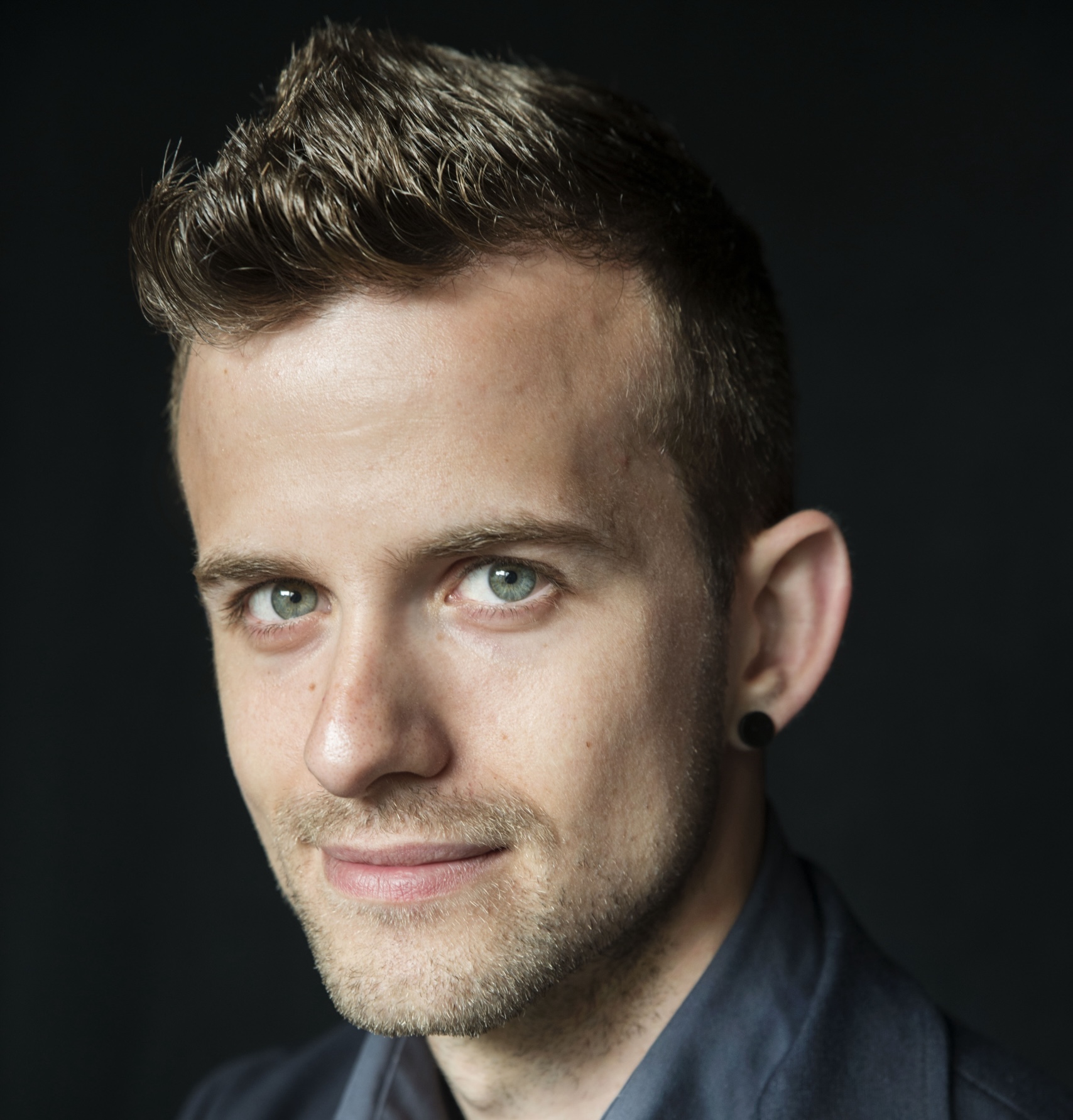 Francesco Walker is an assistant professor at Leiden University (NL). He received his PhD from the University of Twente (NL), with a dissertation focused on the assessment and calibration of driver trust in automated vehicles. In Leiden he founded the HAT Lab, a research group that studies how Humans interact with Art and emerging Technologies.
Francesco Walker is an assistant professor at Leiden University (NL). He received his PhD from the University of Twente (NL), with a dissertation focused on the assessment and calibration of driver trust in automated vehicles. In Leiden he founded the HAT Lab, a research group that studies how Humans interact with Art and emerging Technologies.
Debargha Dey
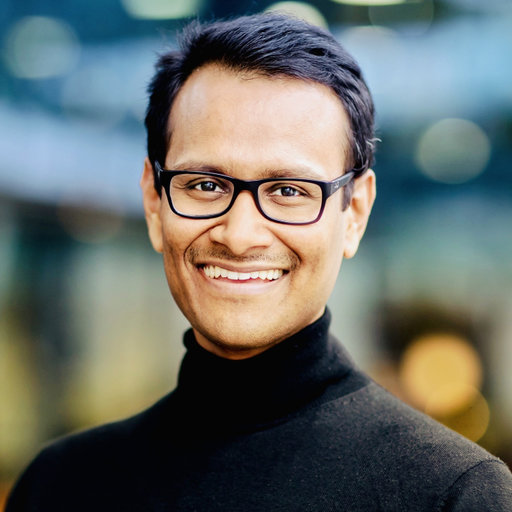 Debargha Dey is a postdoctoral researcher at Cornell Tech, with a research focus on human-automation interaction. He received his PhD in Industrial Design from TU Eindhoven and has 8+ years of experience in the domain of human factors for automated driving and traffic behavior.
Debargha Dey is a postdoctoral researcher at Cornell Tech, with a research focus on human-automation interaction. He received his PhD in Industrial Design from TU Eindhoven and has 8+ years of experience in the domain of human factors for automated driving and traffic behavior.
Tram Thi Minh Tran
 Tram Thi Minh Tran is a postdoctoral researcher at the University of Sydney, Australia. She holds both her Master’s and PhD degrees from the same university. Her research explores the applications and implications of emerging technologies, with a particular focus on AR/VR and autonomous mobility.
Tram Thi Minh Tran is a postdoctoral researcher at the University of Sydney, Australia. She holds both her Master’s and PhD degrees from the same university. Her research explores the applications and implications of emerging technologies, with a particular focus on AR/VR and autonomous mobility.
Hyochang Kim
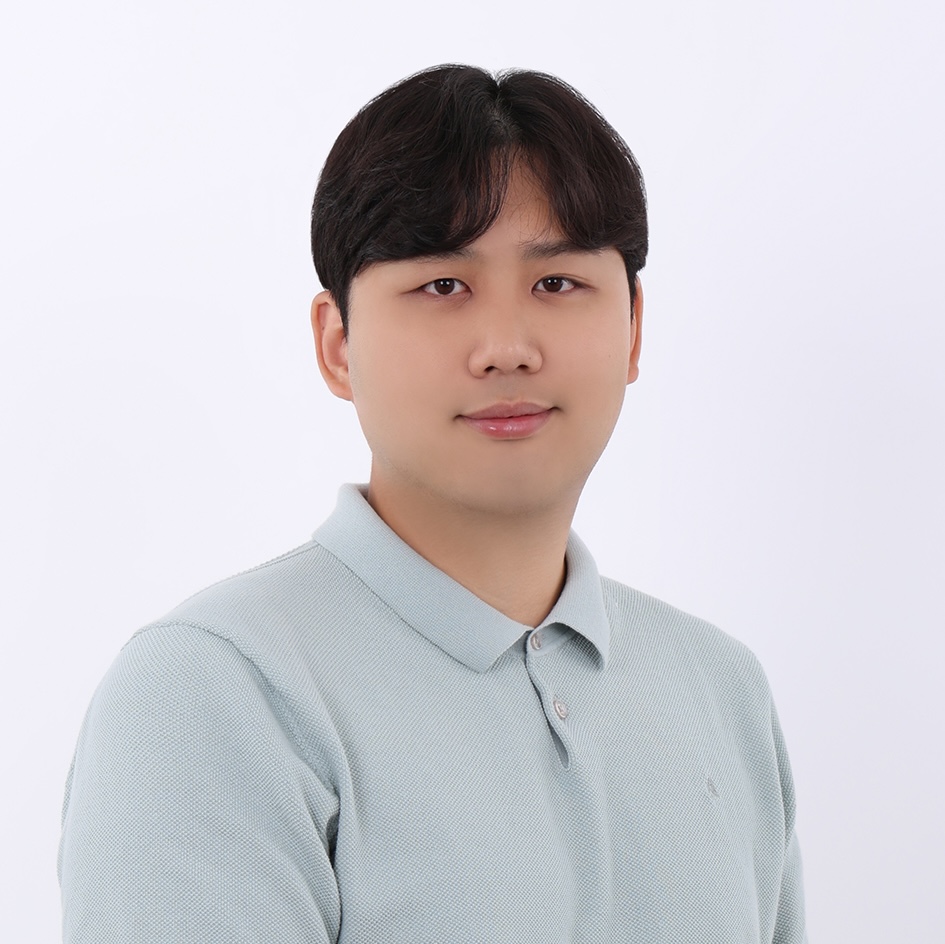 Hyochang Kim is a research director at Stanford Center at the Incheon Global Campus. He received his Ph.D. in Industrial Engineering from Yonsei University. His research focuses on effective interaction methods tailored to specific contexts, with a particular emphasis on AI and autonomous vehicles. He has a special interest in natural communication methods between humans and AI.
Hyochang Kim is a research director at Stanford Center at the Incheon Global Campus. He received his Ph.D. in Industrial Engineering from Yonsei University. His research focuses on effective interaction methods tailored to specific contexts, with a particular emphasis on AI and autonomous vehicles. He has a special interest in natural communication methods between humans and AI.
Hyungchai Park
 Hyungchai Park is a research director at the Stanford Center at the Incheon Global Campus. He received his Ph.D. in Mechanical Engineering from Stanford University. His research focuses on the integrated analysis of data from vehicles, drones, and urban infrastructure within smart cities.
Hyungchai Park is a research director at the Stanford Center at the Incheon Global Campus. He received his Ph.D. in Mechanical Engineering from Stanford University. His research focuses on the integrated analysis of data from vehicles, drones, and urban infrastructure within smart cities.
Hyunmin Kang
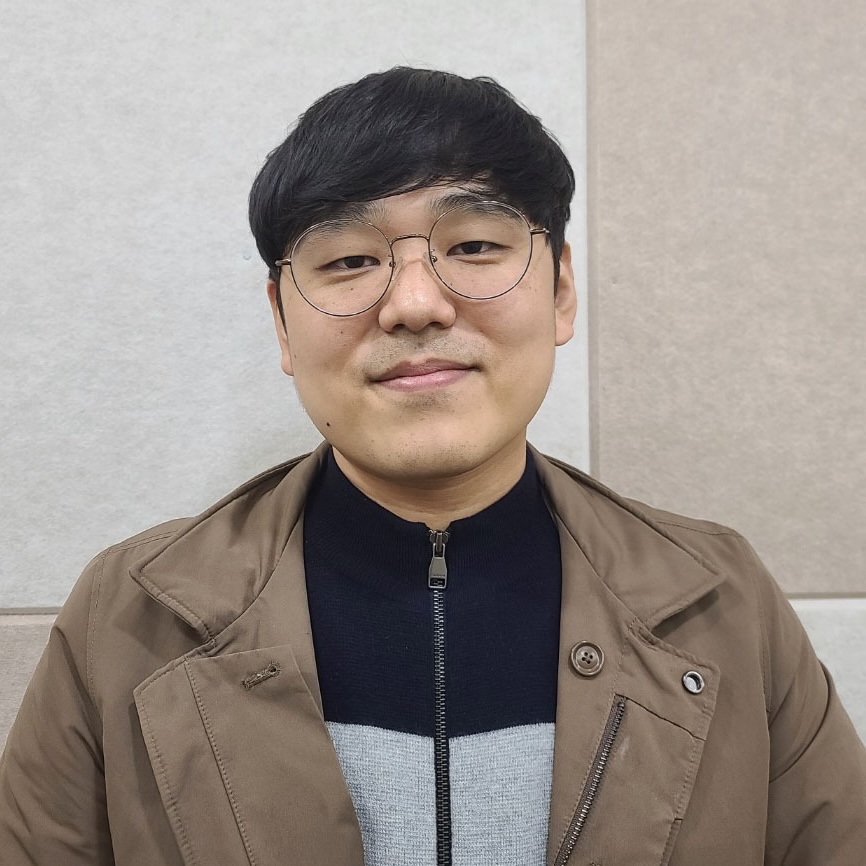 Hyunmin Kang is a research scientist at Stanford Center at the Incheon Global Campus. He received his Ph.D. in Cognitive Engineering from Yonsei University. His research interests include human-computer interaction, autonomous systems, and cognitive ergonomics, with a particular focus on improving the usability and safety of emerging technologies.
Hyunmin Kang is a research scientist at Stanford Center at the Incheon Global Campus. He received his Ph.D. in Cognitive Engineering from Yonsei University. His research interests include human-computer interaction, autonomous systems, and cognitive ergonomics, with a particular focus on improving the usability and safety of emerging technologies.
